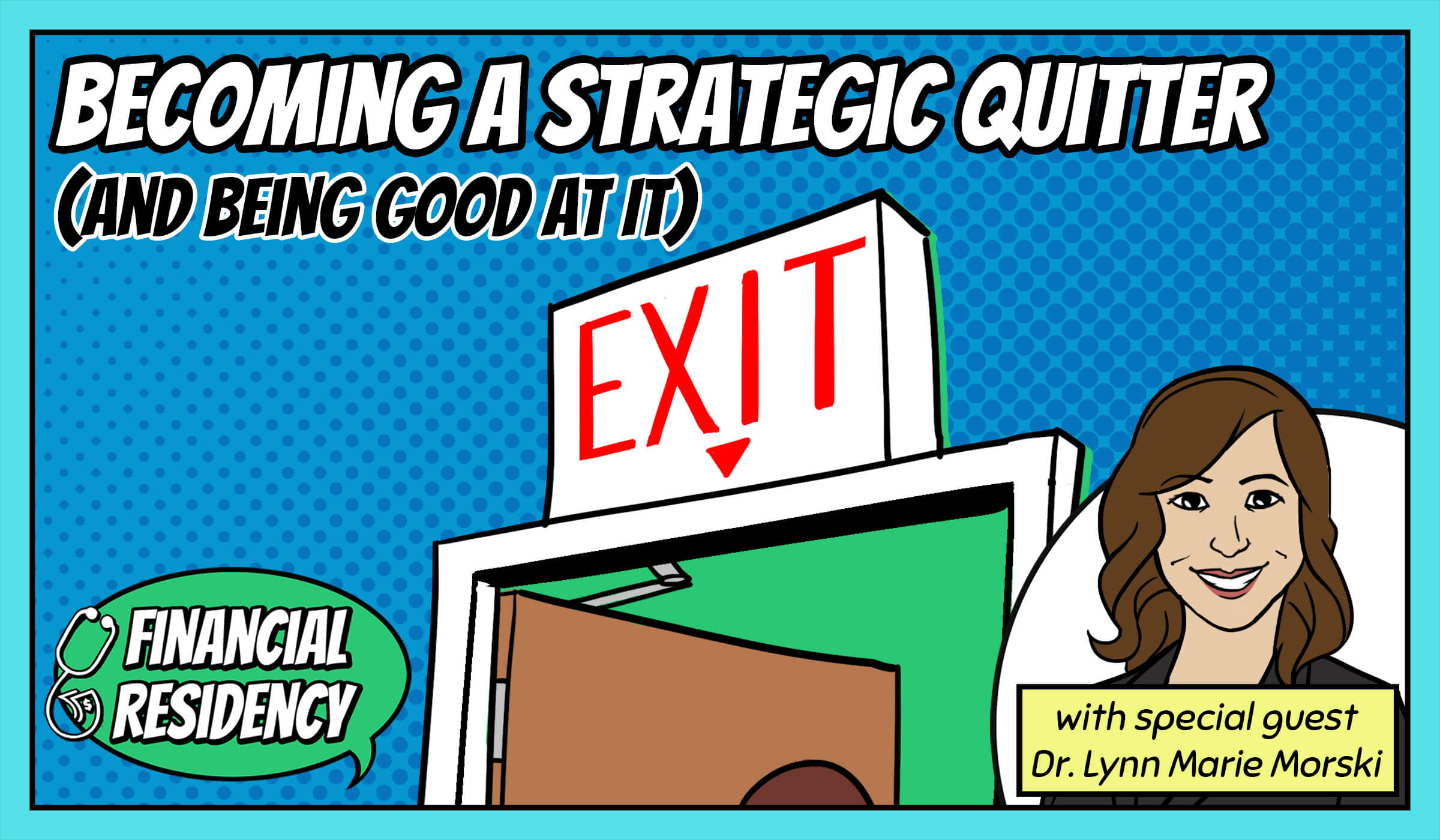Do you know how to prepare your finances for a transition?
Everyone has transitional life events that also become financial transitions. I’ll bet some of the changes you’ve already weathered are playing in your head.
You don’t have to wait until you are in the middle of a big change to start thinking about what you can do to take control of your financial transitions.

The reality is that we all have both unknown and known types of transitions that affect our daily lives.
You can take control of your financial transitions by taking charge. Think about any known major life changes you plan to make. Start planning for them.
What are some of the major shifts that may happen in your life?
Let me name a few of the larger shifts: marriage, divorce, children (each child becomes a new transition), and college. These are life changes that can be planned for and allow you to take control of your financial transitions.
A midlife crisis, which can’t be planned for, could be as small as splashing out on a new sports car, or so large that you wreck your entire financial future!
However, if you plan ahead and take control of your financial transitions (and personal life events), perhaps you can avert the midlife crisis altogether!
 If you have an increase in pay, which is a positive development, you can look to the future and take control of your financial transitions that might occur later on.
If you have an increase in pay, which is a positive development, you can look to the future and take control of your financial transitions that might occur later on.
An increase in your income could mean putting more money away for a future event or paying off student loan debt.
What if you have a negative transition happen, such as getting get laid off? Anytime your income is slashed, it’s painful. It can have long-term repercussions that make it hard to take control of your financial transitions.
Lots of things can happen during a transition, so here are some ideas to help you prepare your finances for the life changes that are certain to happen!
How Much Will Your Transition Cost?
There is always a financial impact.
No doubt about it, transitions cost money.
While you should prepare for upcoming transitions and potentially take control of your financial transitions, there will always be something (or some additional cost) that you didn’t fully anticipate.
Life happens.
Life especially happens when you have children. They are expensive and the cost increases as they age and enter school (and as they are exposed to advertising)! For some, this is where their biggest financial challenges come from.
When I went to FlynnCon, Pat Flynn told a story about an experience he had as a parent. He and his wife had been working on their parenting skills (as we all must constantly do). They were particularly working on one of the hardest parenting skills of all–consistency.
During a family trip to Disney, he left the children waiting with his wife, while he went to buy them ice cream. Before he left, he reminded them to be good. Well, the crowds being what they are at Disneyland, it took him forever to return with the ice cream.
By the time he finally got back to his family, he learned the kids had been acting up and didn’t deserve the ice cream.
True to being consistent, and despite his long wait in line, and his children who still wanted the ice cream, he dumped the $12 ice creams in the trash.
As you can see, that’s just a small example of how parenting can be expensive (in many different ways)!
Avoiding Stress…With The Right Mindset
Transitions are stressful.
They signal that change is ahead.
Anytime you have a major change coming up, be sure to prepare your mindset before the event happens.
- What will the change mean for you?
- What areas of your life will the change affect?
- How are you going to handle each of these changes?
How will you react to the changes that blindside you? The ones that were totally off your radar? They’re not really the type of situations where you’ve made bad financial decisions.
They’ll happen fast and won’t have time to think.
You must show up and deal with the new transition.
- Take a deep breaths
- How do you usually center or ground yourself?
You don’t have to react to any situation immediately. It’s important to take the time to calm your mind and deal with your emotions.
If you follow our advice and have an initial plan in place, your next step is deciding on the next step in your plan of action.
Then start looking for the silver lining.
Knowing how you’ll handle the unexpected financial transitions before they happen will help you adjust when they do.
When you decide ahead of time it alleviates part of the stress and you can take control of your financial transitions faster.
 Cash is King
Cash is King
Do you have a specific savings goal so you can take control of your financial transitions?
Start that fund now!
You’ll want and need a cash fallback.
It’s only a matter of time before you’ll be glad you planned ahead.
There is no question that having a specific cash fund set aside for financial transitions makes it easier to deal with.
Having cash in the event you are planning for a future move is a way to take control of your financial transitions faster.
Plan for the chaos that moving creates.
Emergency Fund Vs. Financial Transition
By now, you are probably wondering what’s the difference?
Why can’t you just save a bunch of money, call it an emergency fund, and be done with it?
Well, there is a difference between the two.
There is also a difference in your intention regarding their use. The financial transition fund is about pre-planning for expected (or unexpected) events. These funds are basically a bridge fund to help to take control of your financial transitions.
Once you deplete your financial transition fund, then you can dip into your emergency fund (as a last resort).
Paying for your needs upfront affords you incredible peace of mind. It makes your life more comfortable by taking away the stress.
It’s the best feeling of all to know that you’ve taken care of your family’s needs.
Prepare Your Finances
Are your priorities straight?
Do you understand what’s most important to you?
When you understand your priorities you can make better decisions, and make them faster. When you use your priorities as a compass you’ll go in the right direction, which takes away some of the stress.
I write a lot about life planning. If you do it right, then you already understand your priorities and where you are going.
However, life can change at any time and preparing your finances is your way to take control of your financial transitions.
What pre-planning does for you is to prepare you for the things you can control, and it helps you have some financial resources for the things you can’t control!
Learning to Pivot
Do you leave room in your life to pivot?
It’s very important that you leave space to navigate life’s tight situations (personal or financial).
Your every minute doesn’t need to schedule to the hilt. Your every dollar doesn’t need to be spent, and your credit cards don’t need to be maxed.
Learning to pivot encompasses every part of your life. It’s not saying “yes” to everything, and it’s not letting decisions hang indefinitely. Make a decision, so you can let the other person move on and you can clear your headspace.
Searching For Answers
Searching for answers means finding a solution.
Any time a new transition comes along (or you see it on the horizon), the key is to research the situation, so you know ahead of time what might happen. Then reach out and talk to people so you understand the whole picture. This will allow you to become comfortable with your choices.
It’s a tactical move that will bring relief to your overworked mind. You’ll know the cost involved in moving, handling car repairs or remodeling your home.
Plus, knowing what you are up against, decreases your fear of the unknown.
I’d like everyone listening to start researching their financial journey, learning to ask the right questions and understanding the answers. That’s the only way to prepare yourself for some of what’s coming at you!
We certainly can’t prepare for everything, but when you prepare for the things you can, you’ll have a better chance of hitting your goals, which will allow you to take control of your financial transitions.
People who ask questions avoid major mistakes, because they have an idea of how to maneuver the subject in question.
One of those subjects is whole life insurance. Physicians make mistakes because they don’t research what it really is. I see it all the time. They pay up to $5k per month because they believed a pitch that it’s an investment.
The problem is you don’t mix insurance and investments. However, unless you’ve done some research on whole life insurance, you won’t know that.
Do the research to understand that whole life is not meant for 99% of the population (even though it’s sold to them)
Financial Education
How is your financial acumen?
If you take the time to raise your financial acumen, you won’t be sorry. The more education you give yourself, the higher your chance for financial success. It also lowers the chance that someone will take advantage of you.
Financial education will allow you to understand what your goals are, and how to take the step to reach them.
Those educated decisions add up (in the bank).
Remember that educated decisions can’t happen if you are living in a state of denial. It’s important to acknowledge that a financial transition is coming, no matter if it’s planned or not, and take steps to meet the challenges.
Prepare yourself with financial education so you can take control of your financial transitions. It will help alleviate any anxiety the changes may cause you.
Don’t Make Sudden Changes
Are you planning a life change that may cause some personal upheaval in your life (and financial)?
Let’s imagine a job change.
Now is definitely not the time to take that extended, exotic vacation that you’ve been dreaming about. It’s also not the time to finance a new car.
Don’t rock your own boat by making any sudden or unnecessary financial moves.
Start looking at your budget (I know the dreaded “B” word). It’s very important to not overspend around the time of a personal or financial transition, and you might want to pay off as much outstanding debt as possible.
In other words, don’t make any sudden changes and keep your finances simple to take control of your financial transitions.
That’s good advice at any time!
Communication
I’ve blogged about communication before.
Communication is a cornerstone of taking control of your life.
In addition to being a fee-only financial planner, I’m a certified Life Planner. Planning is a huge part of the financial process. I find communication with planning very valuable for your finances, your life goals and as a way to strengthen your marriage.
I firmly believe in having regular financial date nights (aka money dates) with your spouse. It’s a way to bring finances, communication, and intimacy together.
What???
Did you just insinuate that dealing with your bills and finances and your spouse can be intimate?
Yes, when you’re planning and dreaming about your future together, it can be.
When you’re using the time to strengthen your marriage and make sure you are both on the same page, it can be.
You do that by opening up and stating your expectations, share information about what’s coming, whether it’s an opportunity or a challenge.
Communication is especially important during major changes that affect your family. Your ability to communicate with your spouse will help you take control of your financial transitions.
The communication surrounding transitions will be so much easier if you already have a habit of spending time together discussing your finances and the future.
Communication will strengthen your ability to stick with a budget, and reduce the tension in your relationships.
Let us know how you’ve coped with life changes and took control of your financial transitions.





